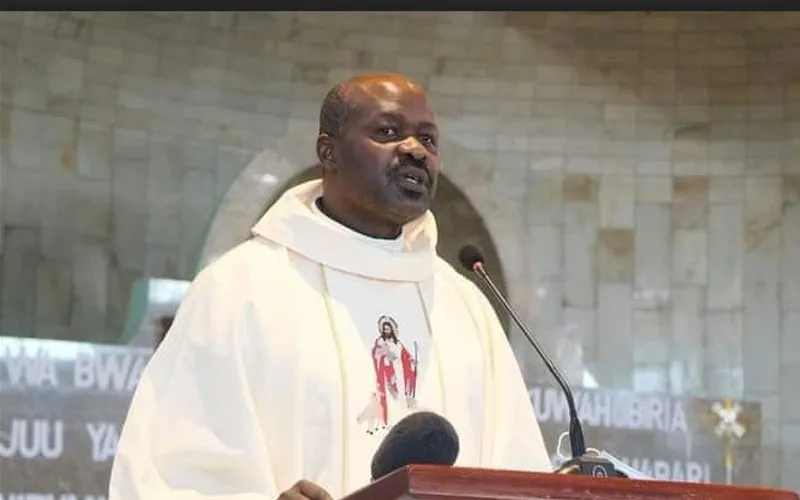Nakuru, 25 March, 2023 / 9:55 pm (ACI Africa).
Empowering the people of God in Kenya’s North Rift region through formal education and the creation of “job opportunities” provide a long-term solution to the banditry menace that has been going on for decades, the Bishop-elect of the Catholic Diocese of Nakuru has said.
President William Samoei Ruto, in February, ordered a joint military and police operation to deal with the decades of rampant banditry and cattle rustling in Kenya’s North Rift. At least 100 people have been killed in recent months following the increase in cross-border banditry.
In an interview with ACI Africa, Mons. Cleophas Oseso Tuka said that it will take more than the security operation in Turkana, West Pokot, Samburu, Laikipia, Elgeyo Marakwet, and Baringo Counties to find solutions to the deep-rooted causes of the banditry and cattle rustling.
“It is not just about dealing with bandits, more is needed. If we don't empower the people, if we don't educate these people, if we don't give them job opportunities, it means all the operations we are doing are just short-term,” the Bishop-elect of the Diocese covering Baringo County said during the Wednesday, March 22.
Mons. Oseso underscored the need to use formal education to empower the people to think beyond their cultural practices, saying those in the bandit-prone areas have been raised to believe that the only source of livelihood is their animals.








